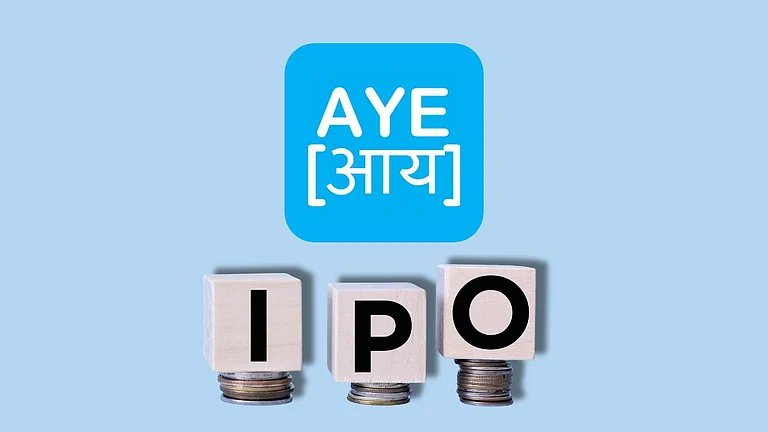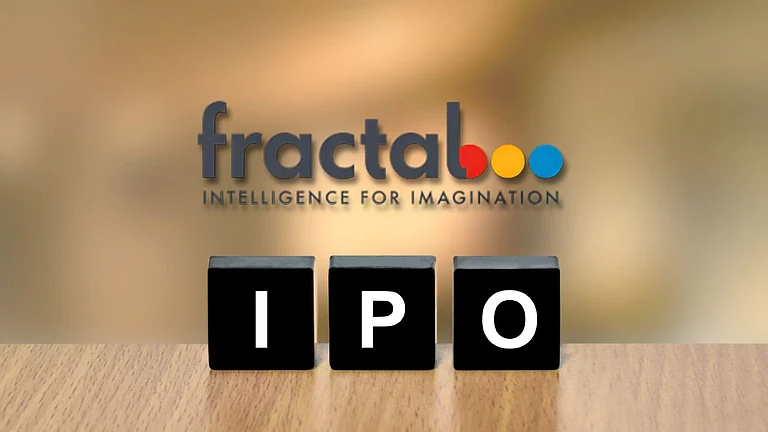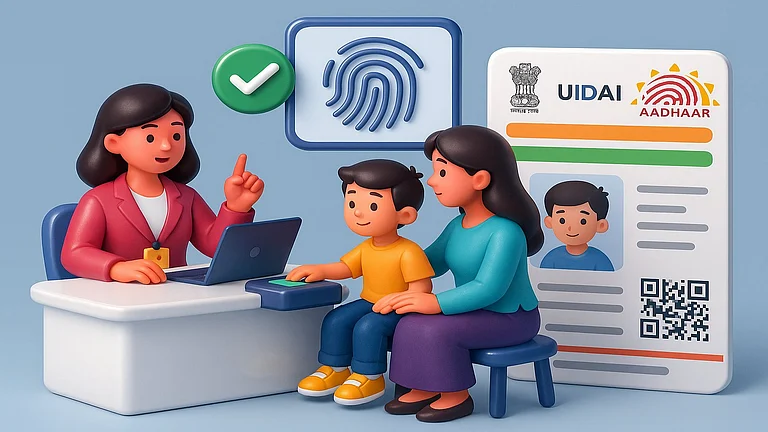A ChatGPT or “chat-generated pre-trained transformer” is an artificial intelligence (AI) program that was created by OpenAI in December 2022. You could ask it a question and it will reply.
The simple online AI chatbot in its own words is “a language model that is designed to understand and generate human-like language to answer questions, carry out conversations, and perform a variety of language-related tasks”.
“My training data comes from a vast corpus of text from the Internet, books, and other sources, which has allowed me to develop a broad and diverse understanding of human language. I am constantly being updated and improved by my creators at OpenAI to provide the best possible experience for my users,” ChatGPT said upon being asked to describe itself.
As a matter of fact, you could use ChatGPT to text people, write essays, articles, find answers to complicated existential questions, solve analytical problems, or even generic financial advice.
ChatGPT is not ‘intelligent’ enough to replace your financial advisor.
According to ChatGPT itself, it can only provide generalised information and not personalised financial advice tailored to one’s specific requirements.
“As an AI language model, I have been designed to provide information and answer questions to the best of my ability based on the data I have been trained on. However, I am not a licensed financial advisor and cannot provide personalised financial advice tailored to your specific situation. I can provide general information and resources related to personal finance, but for specific advice regarding your financial situation, it is always best to consult with a qualified financial professional who can take into account all of your individual circumstances and goals,” ChatGPT replied on being probed further on its competence to provide tailor-made financial advice.
Hence, despite its advancement, here are five reasons why ChatGPT cannot be your financial advisor:
Financial Planning Is Personalised: Financial planning is always personalised and is designed on the basis of questions and answers provided by the advisor and the client.
Says Anant Ladha, founder, Invest Aaj For Kal, a financial advisory firm: “Financial planning can be completely different for two persons of the same age and same financial background. So, ChatGPT can provide the basic rules and pointers, but for proper planning, an advisor will be needed,”
Emotional Management: Managing emotions that arise out of financial decisions is beyond the scope and competence of an AI chatbot.
Adds Ladha: “Even if you have all the rules written, the majority still won’t be able to stick to those rules if there is no regular counselling. Good financial advisors need to ask questions and provide solutions to their clients based on needs, values, goals, and important relationships with them.”
Unable To Help You Set Realistic Goals: Based on one’s current circumstances as well as the facts that one provides to his/her financial advisor, a human financial advisor can help the client in achieving a realistic goals that can be navigated and achieved smoothly. An AI machine will not be able to help with that.
Unable To Provide In-Depth Solution: ChatGPT only has the information that you will provide at the beginning to start off the conversation. It won’t ask you further probing questions about your finances. Since all its analysis and advice are based on half-baked information, it won’t be able to guide you in the right direction, which a human advisor would always do. There is always a major gap in the information required to reach the solution best for you.
No Accountability Or Ability To Adjust: An AI machine will not be accountable for the advice it gives you. Nor can it readjust the plan provided to you based on your circumstances. There could always be situations wherein you need to simply reroute or refresh your plan. A human advisor will be able to help you with this, an AI chatbot won’t.
CONCLUSION
In the end, while ChatGPT might be a great innovation that could help you solve several generic financial and other problems, it has its limitations.
As ChatGPT itself says: “I do not possess biological life, consciousness, or self-awareness. I am a software program that has been designed to simulate human-like responses to text-based input. While I can provide helpful responses and engage in conversations with users, I am not capable of experiencing emotions, sensations, or consciousness in the same way that living beings do.”














